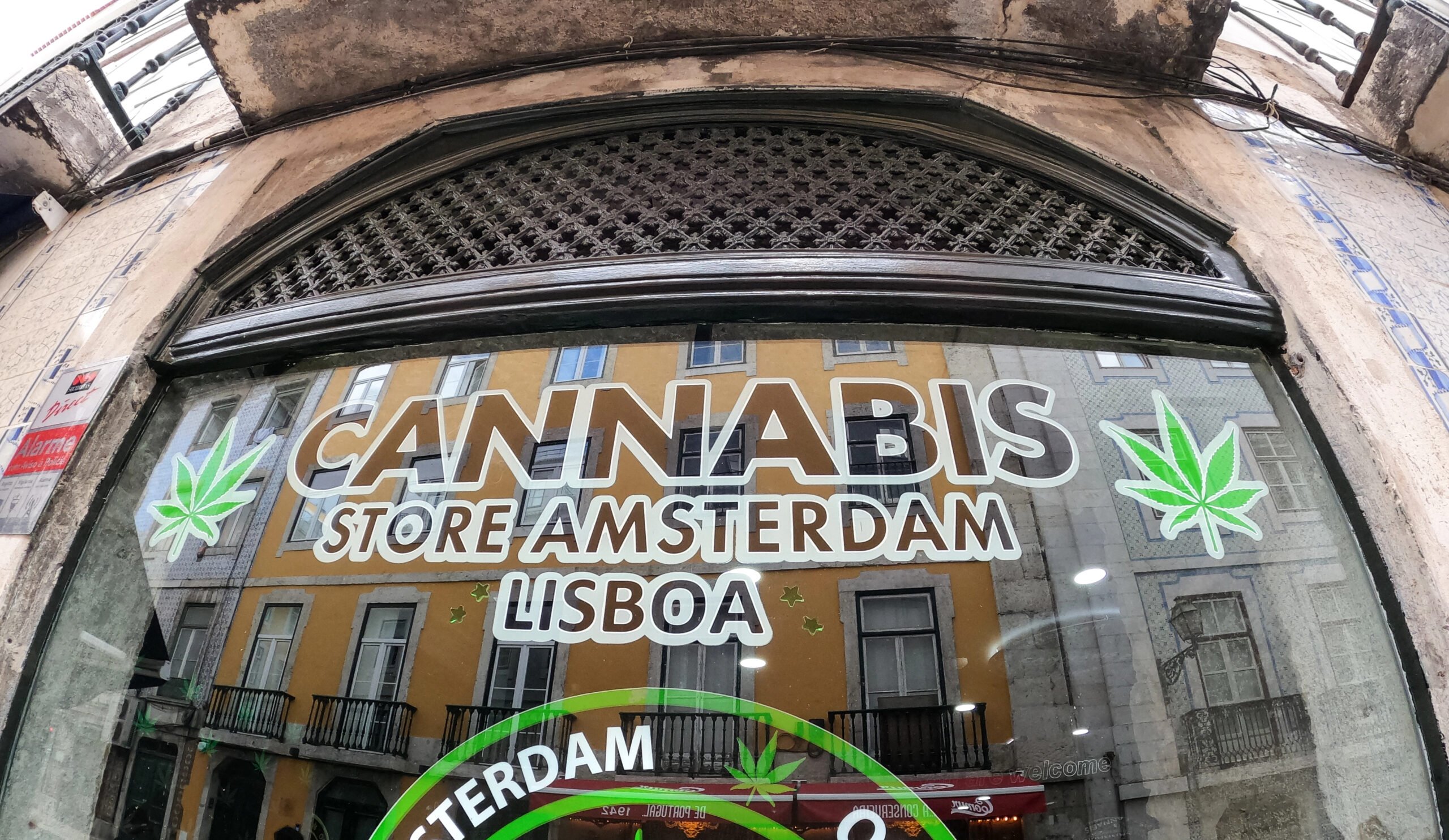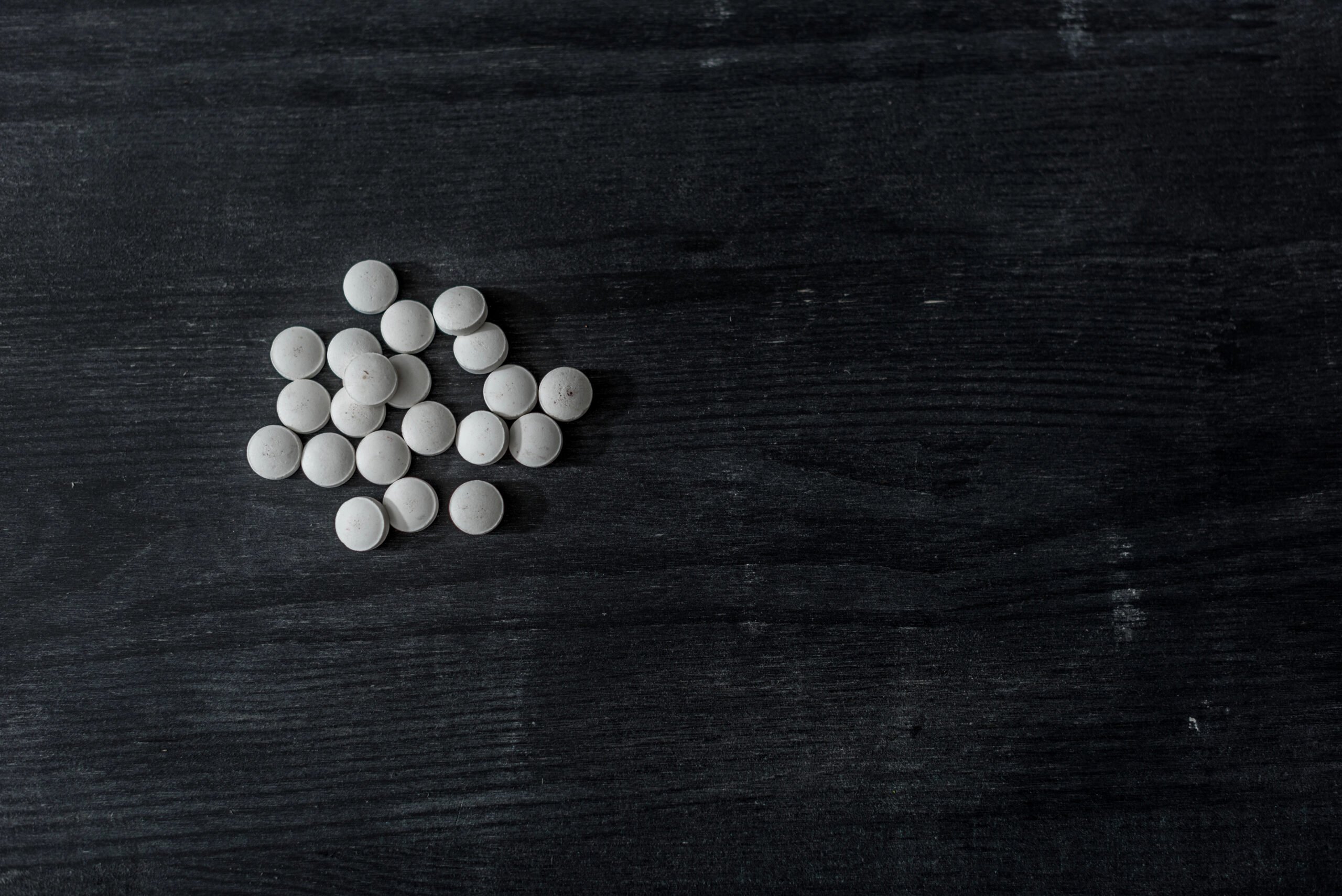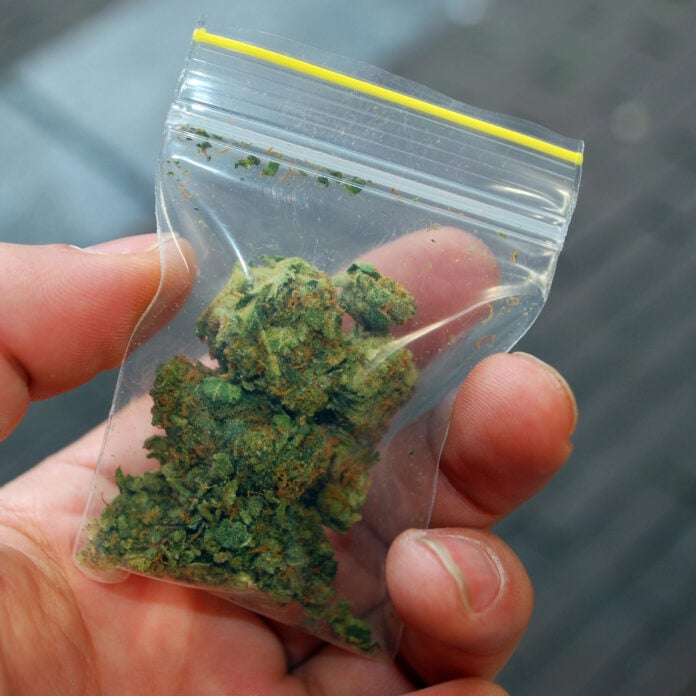It’s been nearly 25 years now since Portugal implemented a revolutionary system that treats drug use as a public health issue rather than a criminal matter. This comprehensive guide explains the intricacies of drug laws in Portugal, helping you understand what is legal, illegal, and the nuanced context behind these regulations.
Portugal’s Radical Shift in Drug Policy
In 2001, Portugal made international headlines by becoming the first country to decriminalize the possession and personal use of all drugs including heroin and cocaine. Individuals found with amounts not exceeding a ten-day supply are subject to administrative penalties rather than criminal charges. These cases are handled by Commissions for the Dissuasion of Drug Addiction (Comissões para a Dissuasão da Toxicodependência), which focus on treatment and harm reduction.
This shift wasn’t about complete legalization but reimagining society’s response to drug use. At the time, Portugal faced a severe drug crisis, with high rates of HIV infections and drug-related deaths, two of several factors that prompted this radical approach.
What Does Decriminalization Really Mean?
It’s crucial to understand that decriminalization is not the same as legalization. In Portugal, possessing small quantities of drugs for personal use is not a criminal offense but is treated as an administrative violation. When an individual is caught with drugs, they are not arrested or imprisoned. Instead, they are assessed by a “Dissuasion Commission” (Comissão para a Dissuasão da Toxicodependência), may be referred to treatment programs, and might face minor administrative sanctions.
What Is Considered “Personal Use”?
The Portuguese law defines “personal use” as possession of up to:
- 25 grams of cannabis
- 2 grams of cocaine
- 1 gram of heroin
- 2 grams of amphetamines or MDMA
Possession within these limits would not result in criminal charges. However, these substances remain illegal, and possession is still technically a violation.
What about Cannabis?
For many travelers and expatriates, cannabis laws are of primary interest. Here’s a detailed breakdown:
- Possession – Carrying up to 25 grams of cannabis is decriminalized. While you won’t be arrested, you may be required to appear before a Dissuasion Commission, and repeated incidents could lead to mandatory counseling or treatment.
- Consumption – Public consumption remains illegal and can lead to fines, though private consumption among adults is generally tolerated.
- Selling and Distribution – Selling cannabis remains a criminal offense, and trafficking it can result in significant time in prison. There is no legal framework for cannabis sales or commercial distribution.

How Portugal Handles Other Drugs
In July 2023, the Portuguese parliament approved legislation decriminalizing synthetic drugs and new psychoactive substances (NPS), bringing their legal status into alignment with traditional drugs such as cannabis, heroin, and cocaine. This update emphasizes the importance of distinguishing between consumers and traffickers and ensures that users receive health-related interventions while traffickers face criminal penalties. For substances like heroin and cocaine, possession of small quantities is decriminalized. Users are not treated as criminals but instead given rehabilitation.
As we mentioned before, individuals found with amounts not exceeding a ten-day supply are subject to administrative penalties rather than criminal charges. Threshold amounts for a ten-day personal supply of other drugs include:
- Heroin – 1 gram
- Cocaine – 2 grams
- MDMA (Ecstasy) – 1 gram or up to 10 pills
- Amphetamines – 1 gram
- Cannabis – 25 grams (herbal form) or 5 grams (resin)
- LSD – 10 units (e.g., blotter tabs)
- Methadone – 20 milligrams
- Opium – 10 grams
Possession exceeding these amounts may lead to criminal charges for trafficking. Individuals caught with quantities below these limits are referred to a local Dissuasion Commission for evaluation and administrative sanctions.

The Health-Centered Approach
Portugal’s drug policy represents a radical reimagining of how societies address substance use, framing it as a public health challenge rather than a criminal issue. This holistic model goes far beyond avoiding criminal penalties. Rather, it is a sophisticated system designed to understand, support, and help individuals struggling with drug use.
The philosophical foundation of this approach is rooted in the belief that drug addiction is a complex medical and social condition rather than a moral failing. When an individual is caught with drugs, the system treats it as an opportunity for intervention instead of punishment, emphasizing that criminalization often deters people from seeking help, stigma can prevent individuals from acknowledging their challenges, and access to support is more beneficial than punitive measures.
How Does Intervention Work?
The intervention process begins with a comprehensive evaluation by trained healthcare professionals who assess the individual’s circumstances, substance use, and potential underlying mental health challenges. Based on this assessment, a personalized treatment plan is developed, which may include addiction counseling, mental health support, social work interventions, medical treatment, or vocational rehabilitation.
Alongside these measures, harm reduction strategies aim to minimize the negative consequences of drug use through clean needle exchange programs, HIV and hepatitis screening, education on safe drug use, and overdose prevention training. Psychological and social support is also integral, addressing broader challenges such as employment assistance, housing support, family counseling, and social reintegration.
This health-centered approach has produced remarkable societal benefits, including:
1. Significant reductions in drug-related deaths,
2. Decreased HIV transmission rates,
3. Lower burdens on the criminal justice system,
4. Higher rates of recovery and reintegration into society.
At the core of this system are Dissuasion Commissions composed of healthcare professionals, social workers, and legal experts, providing a supportive environment where individuals can discuss challenges, receive guidance, and access resources without fear of criminal prosecution. The model’s continuous monitoring and adaptation ensure that strategies evolve to address new challenges and refine best practices. Portugal’s approach has become a global benchmark, as it continues to demonstrate that treating drug use as a health issue can be more effective than criminal measures. Portugal’s approach has inspired other nations to study and adopt similar elements. It famously appeared, for example, in the 2015 Michael Moore documentary “Where to Invade Next,” and was shown in a positive light.
Practical Advice for Residents and Travelers
If caught with drugs, it is important to remain calm and cooperative, carry identification, and understand your rights, as you may be required to meet with a Dissuasion Commission. To avoid issues, please refrain from public consumption, stay within the legal possession limits, and remember that while drug use is decriminalized, it is not encouraged.
If you’re a man in Portugal, especially in popular tourist areas, you may frequently encounter individuals on the street who will whisper “ganja” in your ear, attempting to sell you something. These street vendors often claim to be selling marijuana, but in many cases, they are actually peddling oregano or other substances instead. Purchasing drugs from the street is highly discouraged, as there is no way to verify or test what you are actually getting, which can pose significant risks to your health and safety. Instead, if you’re looking for cannabis, it’s far safer and more reliable to visit one of the many regulated cannabis shops where you can purchase CBD or HHC legally and with a guarantee of quality. HHC vapes are also available.
In Conclusion
Portugal’s drug laws represent a sophisticated, humane approach to a complex issue. While not a blanket legalization, the policy focuses on health, support, and rehabilitation rather than criminalization. Travelers and residents should respect these laws and prioritize understanding the unique model Portugal has adopted.



Every cannabis store I have been in, in Porto, clarifies that it only sells CBD products, not THC. The article implies that THC is sold, which I have not found to be the case.
Hi Meridian, thank you for comment. We have revised the section on cannabis shops to make things more clear. You are correct – CBD and HHC are sold along with HHC vapes.